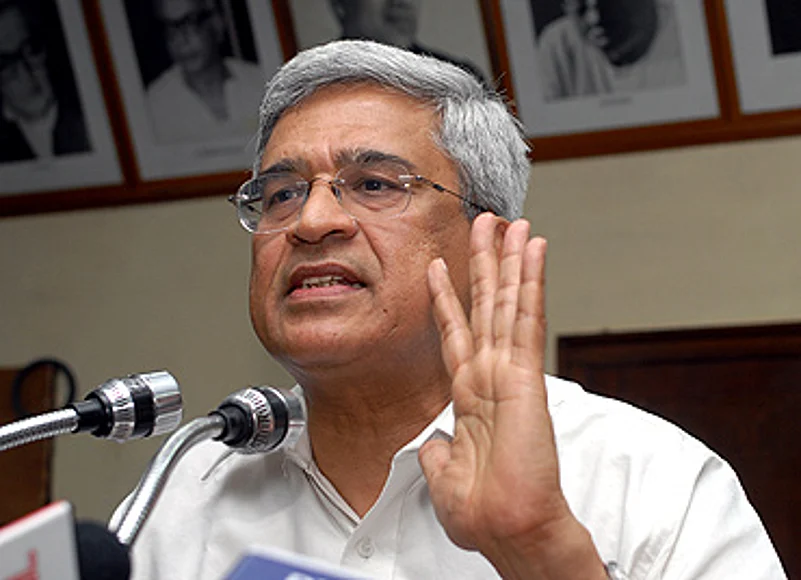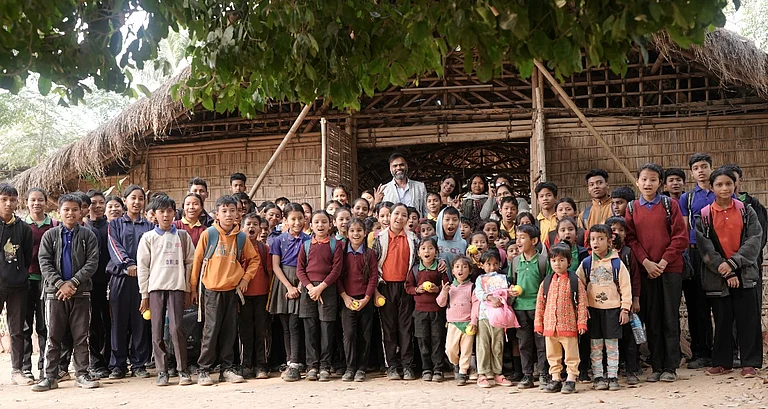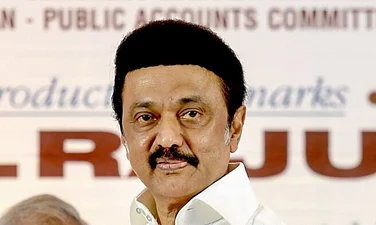
Predictably, this triggered off a flurry of political activity. First, external affairs minister Pranab Mukherjee—the Congress' man for all seasons—and CPI(M) general secretary Prakash Karat met on two successive days; then CPI(M) politburo member Sitaram Yechury called on Sonia Gandhi. But when it became clear there was no way to break the impasse, an upset PM called Pranab and asked him to cancel the June 18 meeting as there was no point anymore in talking to the Left.
On June 18, Sonia Gandhi and Pranab called on the PM at his residence and the latter reiterated his position. Sources close to Manmohan said he appeared to want to bring matters to a head because he realised it was a political, not a technical discussion any longer. It was then that Sonia Gandhi asked Pranab to talk to the UPA allies and get them on board and prepare for an early election. The external affairs minister was also asked to make one last effort to persuade the Left to change its mind.
Simultaneously, the Congress chief began confabulating with her closest political confidants—political secretary Ahmed Patel, Pranab and defence minister A.K. Antony—on whether the advantages of the deal outweighed the risk of a break with the Left. After all, breaking with the Left in an election year could have its own fallout, not to mention a possible early election at a time when inflation is poised to hit double digits. But the consensus was that the party owed it to the PM to make one final bid to push the deal through.
Thus far, the allies, albeit reluctantly, have agreed to throw in their lot with the Congress. RJD chief Laloo Prasad Yadav said rather nobly, "A government comes and goes...nuclear power is a requirement and assets must be created for the next generation." Of course, he hastened to add that the UPA needed both the deal and the Left. Meanwhile, DMK spokesman T.K.S. Elangovan said his party would support the Congress on the issue, pointing out that party MP Kanimozhi (DMK supremo M. Karunanidhi's daughter) had said as much on the floor of the House. The ncp came aboard too, with party spokesman D.P. Tripathi saying, "We stand by our commitment to the UPA government. The nuclear deal is in the interests of India." The LJP's Ram Vilas Paswan also expressed himself in favour of the deal: "It's not just the Left, everybody in the UPA is concerned about national interest. The issue does not pose any threat to the UPA government."

That's fission: The Congress boss is backing the PM
The question now is: if the UPA does press ahead, how will the Left parties react? Sources in the Left say even if they withdraw support, it is unlikely that they will either bring a no-confidence motion against the government or support one brought by the BJP. In fact, CPI general secretary A.B. Bardhan recently said as much, that the Left would not vote against the government if the BJP were to move a no-confidence motion. "Why should we vote? Minority governments have existed in the country in the past," he said in response to a question on the nuclear deal aftershocks issue.
Now, as things stand, the government is trying for the last time to explain to the Left that even if the deal goes smoothly through the IAEA and then the Nuclear Suppliers' Group, there is still no guarantee it will make it through the US Congress. In fact, these two steps will guarantee the possibility of India having similar arrangements on the supply of nuclear fuel and technology with Russia and France—something to which the Left is not opposed. Of course, the Left's argument is that once it makes it past the NSG, then the deal is on auto-pilot and it will not have any control over it—even though the UPA government has assured them it will take the sense of Parliament before it finally ratifies the deal (the fourth and final stage) should it get past the US Congress.
In the eight meetings (over nine months) since the UPA-Left coordination committee was set up to discuss the Indo-US civilian nuclear cooperation agreement, the Left has blinked just once—permitting the government to go to the IAEA to draw up an India-specific Nuclear Safeguards Agreement, but stopping short of a yes to permitting the paper to be inked by the IAEA's board of governors.
Will it blink again? Unlikely. This time it's the UPA taking a call: can it afford instability and attrition in its support—in addition to the spectre of rising prices—as it heads towards key assembly polls in Jammu and Kashmir, Madhya Pradesh, Rajasthan, Chhattisgarh and Delhi, culminating in the general elections? Especially in a climate where it is universally acknowledged that the nuclear deal is not going to be a vote winner, whatever the resonance it may have with the opinion-making middle class.


























